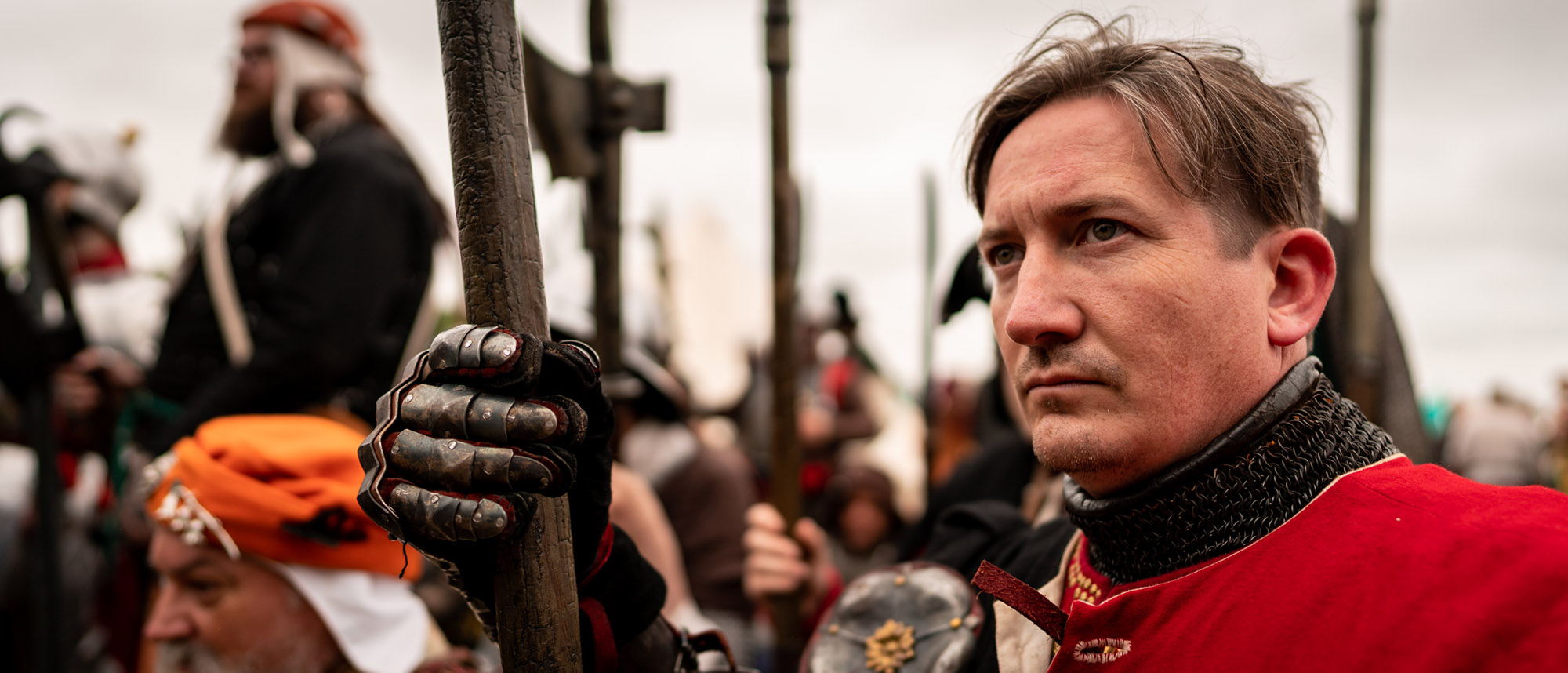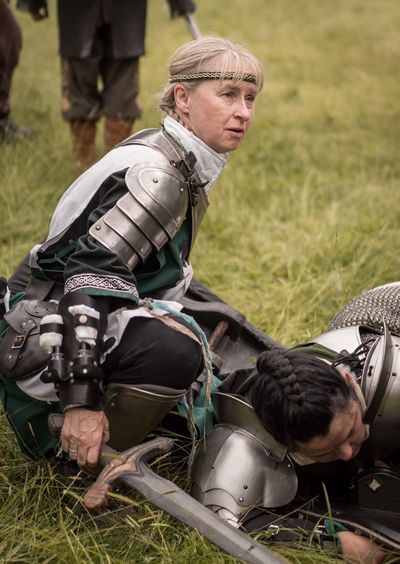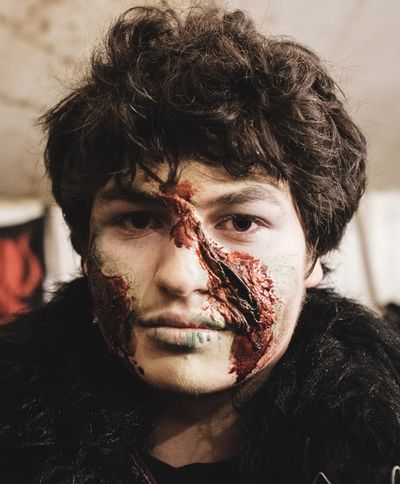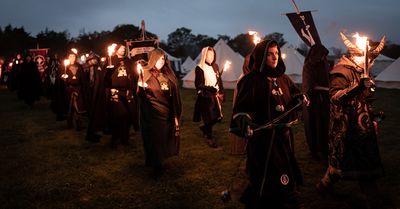The setting
No edit summary |
No edit summary |
||
| Line 10: | Line 10: | ||
The people of this world, especially in the Empire, are well-educated. The assumption is that everyone can read and write, and disciplines such as [[Healing_in_Empire#Mundane_medicine|medicine]], magic, mathematics, and natural philosophy are widely studied. There are numerous [[technology|technologies]] known in the Empire world that would be anachronistic in many fantasy settings. Some, such as [[technology#Light stones|light stones]] are magical in nature, while others such as the [[technology#printing press|printing press]] are wholly mundane in nature. | The people of this world, especially in the Empire, are well-educated. The assumption is that everyone can read and write, and disciplines such as [[Healing_in_Empire#Mundane_medicine|medicine]], magic, mathematics, and natural philosophy are widely studied. There are numerous [[technology|technologies]] known in the Empire world that would be anachronistic in many fantasy settings. Some, such as [[technology#Light stones|light stones]] are magical in nature, while others such as the [[technology#printing press|printing press]] are wholly mundane in nature. | ||
{{CaptionedImage|file=Highborn.jpg|align= | {{CaptionedImage|file=Highborn.jpg|align=right|width=400}} | ||
==Closed World== | ==Closed World== | ||
The Empire setting is a closed world; this means that the game has a defined [https://en.wikipedia.org/wiki/Canon_(fiction) canon] that lays out what is and is not true in the game world. This helps to make Empire feel more real - as players can have a common understanding of what does and does not exist and what is or is not possible in the world their characters inhabit. | The Empire setting is a closed world; this means that the game has a defined [https://en.wikipedia.org/wiki/Canon_(fiction) canon] that lays out what is and is not true in the game world. This helps to make Empire feel more real - as players can have a common understanding of what does and does not exist and what is or is not possible in the world their characters inhabit. | ||
| Line 38: | Line 38: | ||
Some humans are touched by the power of the magical realms and develop [[lineage]]. There are six lineages in the Empire setting - [[briar]], [[cambion]], [[changeling]], [[draughir]], [[merrow]], and [[naga]]. Each has physical ''trappings'' that mark them out as different to unlineaged humans and their personalities are influenced by the magical realm they are associated with. Lineaged people are found throughout the world, and while they are still fundamentally human, different nations have different attitudes to different lineages. | Some humans are touched by the power of the magical realms and develop [[lineage]]. There are six lineages in the Empire setting - [[briar]], [[cambion]], [[changeling]], [[draughir]], [[merrow]], and [[naga]]. Each has physical ''trappings'' that mark them out as different to unlineaged humans and their personalities are influenced by the magical realm they are associated with. Lineaged people are found throughout the world, and while they are still fundamentally human, different nations have different attitudes to different lineages. | ||
{{CaptionedImage|file=Magic.jpg|align= | {{CaptionedImage|file=Magic.jpg|align=left|width=400}} | ||
==Ubiquitous Magic== | ==Ubiquitous Magic== | ||
Magic is a fact of life in the setting, and in theory, anyone can learn to use it. The Empire is part of the mortal or mundane world, but there are six magical [[realm|realms]] - Spring, Summer, Autumn, Winter, Day, and Night that lie alongside it. The realms are magical planes that are separated from but innately tied to the natural world. While mortals can't visit them and survive there, they are inhabited by supernatural creatures called [[eternal|eternals]] who are fascinated by the material world. | Magic is a fact of life in the setting, and in theory, anyone can learn to use it. The Empire is part of the mortal or mundane world, but there are six magical [[realm|realms]] - Spring, Summer, Autumn, Winter, Day, and Night that lie alongside it. The realms are magical planes that are separated from but innately tied to the natural world. While mortals can't visit them and survive there, they are inhabited by supernatural creatures called [[eternal|eternals]] who are fascinated by the material world. | ||
| Line 45: | Line 45: | ||
There are several other ways that magic impacts the game. [[Magic items]] crafted by [[Crafting skills#Artisan|artisans]] allow even the most mundane individual to access limited magical abilities. The five magical [[herbs]] allow [[physick|physicks]] to achieve remarkable healing effects, and let [[apothecary|apothecaries]] brew valuable potions. Finally, the world itself is steeped in magic that manifests in subtle, hard to control ways. [[Hearth magic]] employs the innate natural magic of the world to produce subtle but significant effects in much the same way that a compass needle always points to magnetic north. | There are several other ways that magic impacts the game. [[Magic items]] crafted by [[Crafting skills#Artisan|artisans]] allow even the most mundane individual to access limited magical abilities. The five magical [[herbs]] allow [[physick|physicks]] to achieve remarkable healing effects, and let [[apothecary|apothecaries]] brew valuable potions. Finally, the world itself is steeped in magic that manifests in subtle, hard to control ways. [[Hearth magic]] employs the innate natural magic of the world to produce subtle but significant effects in much the same way that a compass needle always points to magnetic north. | ||
{{CaptionedImage|file=Faith.jpg|align=right|width=400}} | |||
==Powerful Faith== | ==Powerful Faith== | ||
Faith is a powerful motivation in the setting, but it differs greatly from religions in many other roleplaying games. There are no gods and no divine authority that will issue instructions or answer questions. Almost all human religions recognize the idea that human souls reincarnate. Most of the known religions believe that after they die humans go to a spiritual realm for a time and then are reborn in the world. The exact details of these beliefs vary widely. | Faith is a powerful motivation in the setting, but it differs greatly from religions in many other roleplaying games. There are no gods and no divine authority that will issue instructions or answer questions. Almost all human religions recognize the idea that human souls reincarnate. Most of the known religions believe that after they die humans go to a spiritual realm for a time and then are reborn in the world. The exact details of these beliefs vary widely. | ||
The Empire has a formal religion - [[the Way]] - that is based around the pursuit of the seven [[The_Way#The_Paths_of_Virtue|Virtues]]. There are other faiths in the world but it is illegal to preach them in the Empire. Player character priests are likely to wield secular power as members of the [[Imperial Synod]]. There is a strong theme of religious conflict over matters of doctrine and morality, both between Imperial priests and with the followers of opposing faiths. | The Empire has a formal religion - [[the Way]] - that is based around the pursuit of the seven [[The_Way#The_Paths_of_Virtue|Virtues]]. There are other faiths in the world but it is illegal to preach them in the Empire. Player character priests are likely to wield secular power as members of the [[Imperial Synod]]. There is a strong theme of religious conflict over matters of doctrine and morality, both between Imperial priests and with the followers of opposing faiths. | ||
Revision as of 14:14, 16 November 2020
Overview
This page is part of our introduction to Empire, explaining more about the game. It is intended for people who are new to live roleplaying as well as experienced live roleplayers who have never done Empire before to give you a broad-strokes look at the Empire world and some of the universal concepts that underpin the setting.
Original Setting
Empire takes place in an original fantasy setting, rather than one a historical one. Although some of the costume is inspired by medieval and renaissance clothing, the parallels end there. For example, feudalism is largely unknown in the setting. This means that few nations have kings, queens, or serfs and nobody in the Empire lives a life of power or poverty because of their birth. For the most part, people are judged by their actions and abilities, not their parents.
Prejudice is commonplace in the setting but is not based on real-world or historical examples. Discrimination by gender or sexuality is unheard of, and nobody is judged by the colour of their skin. The bigotry that occurs in the Empire is based on in-game choices for your character such as your lineage, nationality, faith.
The people of this world, especially in the Empire, are well-educated. The assumption is that everyone can read and write, and disciplines such as medicine, magic, mathematics, and natural philosophy are widely studied. There are numerous technologies known in the Empire world that would be anachronistic in many fantasy settings. Some, such as light stones are magical in nature, while others such as the printing press are wholly mundane in nature.
Closed World
The Empire setting is a closed world; this means that the game has a defined canon that lays out what is and is not true in the game world. This helps to make Empire feel more real - as players can have a common understanding of what does and does not exist and what is or is not possible in the world their characters inhabit.
The setting is "closed" in the sense that players cannot add new things to it. The key details about the world - for example, what nations are known to exist; what races inhabit the world; what religions are followed; are all questions that are answered here on the wiki - otherwise it would be impossible for players to hold a shared knowledge of the world. This means that you can create any character that fits with these details, but you can't play anything at all. Your idea for your character might be inspired by a historical, mythical, or literary character like Hannibal, Robin Hood, or Harry Potter, but you can't literally play that character.
You are free to create background details for your character - but anything you make up must be compatible with the details published here on the wiki and the scale of it should be relevant only to your character or to the characters played by you and your friends. It is fine to create a village or settlement where your character was born, but you shouldn't invent a new city or a major town. If you want your character to be from a place like that then you must pick a suitable location from the various maps found on the wiki.
Imperial Citizens
Our game is about the fate of the Empire and the political battles to control it. While there is a larger world beyond Imperial borders, their only significance in the game is the way they affect the Empire. Being an Imperial citizen grants you significant abilities and rights that are key to enjoying the game.
Only Imperial citizens are eligible to participate in elections for the Imperial Senate, and can play a role in the Imperial Synod, the Imperial Military Council, the Imperial Conclave, and the Imperial Bourse. Each of these houses has distinct powers that allow player characters to shape Imperial policy and direct the Empire. Imperial titles - positions of responsibility and power that often grant unique abilities or access - can only be held by Imperial citizens. Only Imperial citizens can freely travel through the Sentinel Gate. Doing so is the only way to take part in the quests, skirmishes, and battles.
Because of this intense focus, every player-character must be an Imperial citizen. Even if you decide your character was born in a foreign nation, they must have become an Imperial citizen at some point before you enter play. You can read more about the Empire itself here.
Ten Nations
There are ten nations in the Empire, and every Imperial citizen must belong to one of them. Which nation your character belongs to is the single most important decision about your character. At Anvil members of a nation share an in-character camp; they fight together during battles, and magicians can only perform rituals with other members of the same nation.
The nations that make up the Empire are politically and legally unified but are culturally distinct. Each one is developed on the Empire wiki, with a brief detailing their culture, their history, and their attitudes. The core reading sections, the overview, culture and customs, the people, and the look and feel, tell you everything you need to know about the nation you have chosen. The further reading pages detail things like a nation's magical attitudes or its history; it's always helpful to skim these pages but you should definitely read the ones that are relevant to the character you are creating.
Each Imperial nation has an egregore spirit that was created to maintain the unique cultural identity of the nation. The spirit may inhabit the body of one or more Imperial citizens but they are all played by members of our crew who are there to help the players of that nation. In particular, they aim to support new players and help them get involved in the game.
You can read more about the nations here.
Humans and Orcs
Unlike many fantasy games, the Empire setting contains only a few sapient species. The most common species in the world are humans and orcs. The two species are distinct - there are no half-orcs. Nine of the Imperial nations are made up entirely of humans, and one - the Imperial Orcs - is made up entirely of orcs. There are a handful of other sapient species in the game but they are rarely encountered by Imperial citizens, and not available as player characters.
Some humans are touched by the power of the magical realms and develop lineage. There are six lineages in the Empire setting - briar, cambion, changeling, draughir, merrow, and naga. Each has physical trappings that mark them out as different to unlineaged humans and their personalities are influenced by the magical realm they are associated with. Lineaged people are found throughout the world, and while they are still fundamentally human, different nations have different attitudes to different lineages.
Ubiquitous Magic
Magic is a fact of life in the setting, and in theory, anyone can learn to use it. The Empire is part of the mortal or mundane world, but there are six magical realms - Spring, Summer, Autumn, Winter, Day, and Night that lie alongside it. The realms are magical planes that are separated from but innately tied to the natural world. While mortals can't visit them and survive there, they are inhabited by supernatural creatures called eternals who are fascinated by the material world.
Magic is not viewed as being especially mysterious or sinister. Being a magician is often seen as a professional discipline, similar to being a doctor or a scientist in the real world. In most places, magicians are respected for mastering a challenging discipline. There are two ways of directly wielding magical power - spellcasting and ritual magic. Spellcasting allows magicians to perform a small number of spells that each produces a specific magical effect such as healing wounds or hurling an opponent away with magical force. Ritual magic draws on six magical realms to create powerful and varied effects. It follows widely acknowledged laws and while it is potent, it can't do everything - for example, no amount of magic can raise the dead. More powerful rituals require characters from the same nation to work together in a covens to cast them.
There are several other ways that magic impacts the game. Magic items crafted by artisans allow even the most mundane individual to access limited magical abilities. The five magical herbs allow physicks to achieve remarkable healing effects, and let apothecaries brew valuable potions. Finally, the world itself is steeped in magic that manifests in subtle, hard to control ways. Hearth magic employs the innate natural magic of the world to produce subtle but significant effects in much the same way that a compass needle always points to magnetic north.
Powerful Faith
Faith is a powerful motivation in the setting, but it differs greatly from religions in many other roleplaying games. There are no gods and no divine authority that will issue instructions or answer questions. Almost all human religions recognize the idea that human souls reincarnate. Most of the known religions believe that after they die humans go to a spiritual realm for a time and then are reborn in the world. The exact details of these beliefs vary widely.
The Empire has a formal religion - the Way - that is based around the pursuit of the seven Virtues. There are other faiths in the world but it is illegal to preach them in the Empire. Player character priests are likely to wield secular power as members of the Imperial Synod. There is a strong theme of religious conflict over matters of doctrine and morality, both between Imperial priests and with the followers of opposing faiths.
The powers wielded by priests are more subtle than those commonly available to religious characters in other settings. Their liao ceremonies focus on the creation of roleplaying effects and dealing with spiritual matters, rather than providing healing or smiting opponents.



